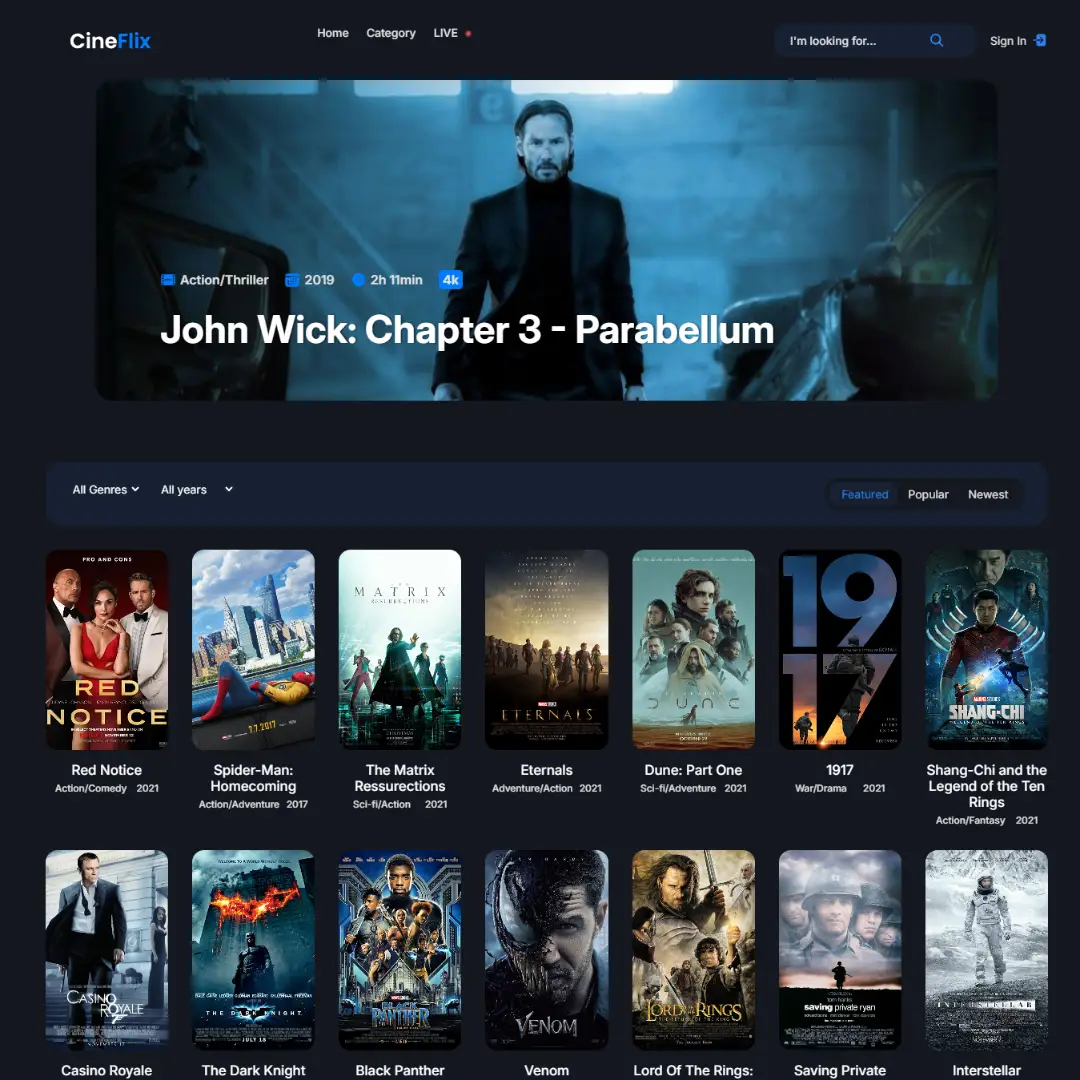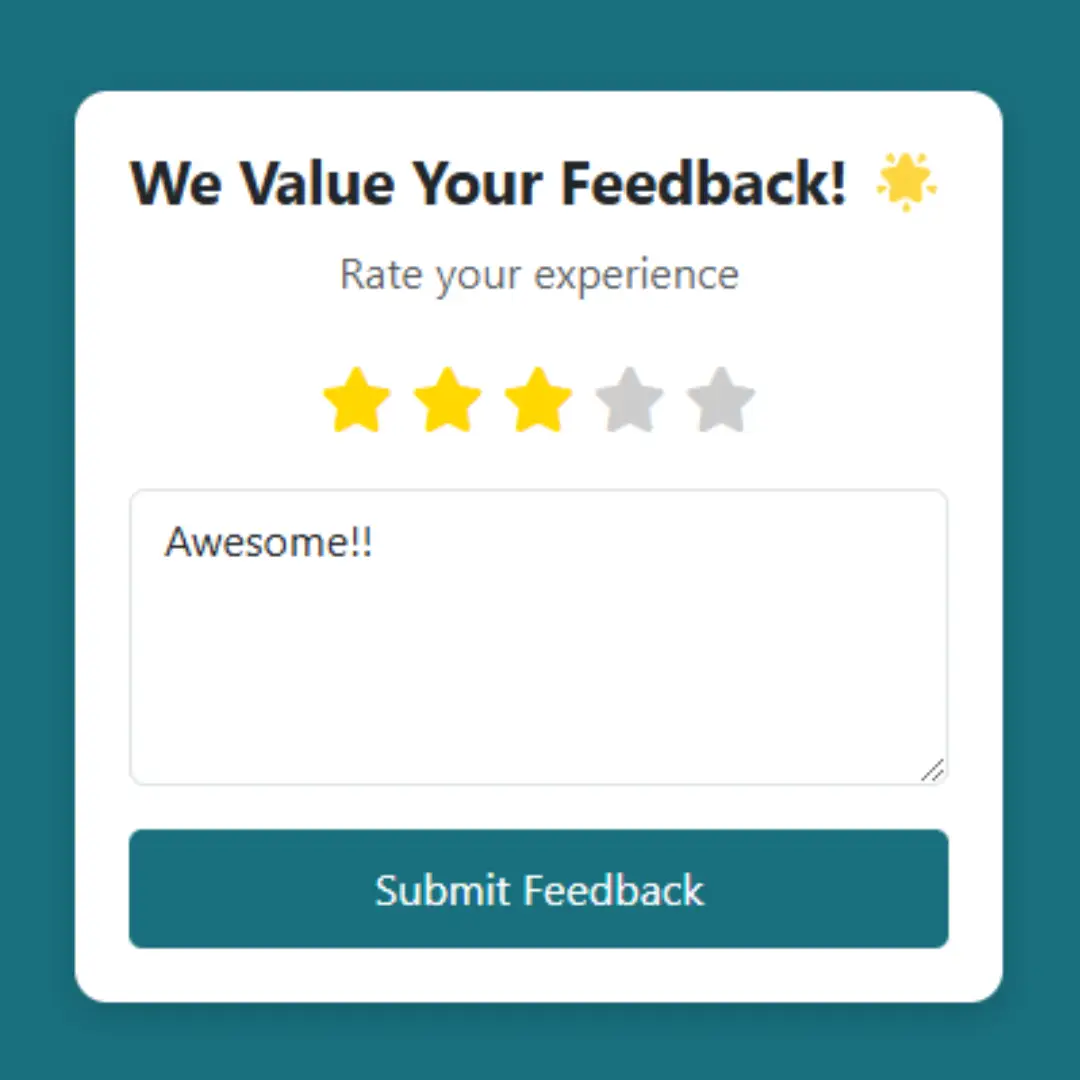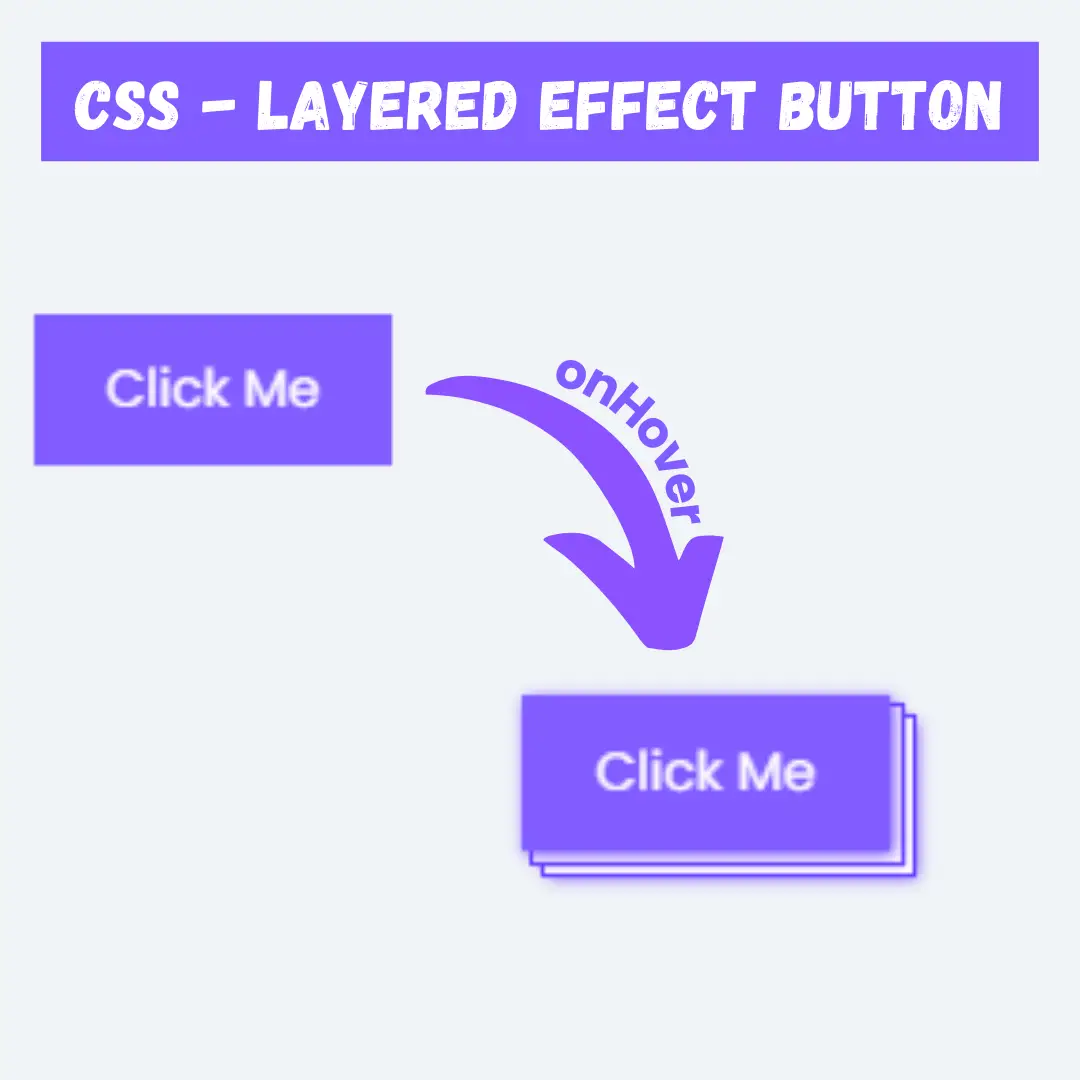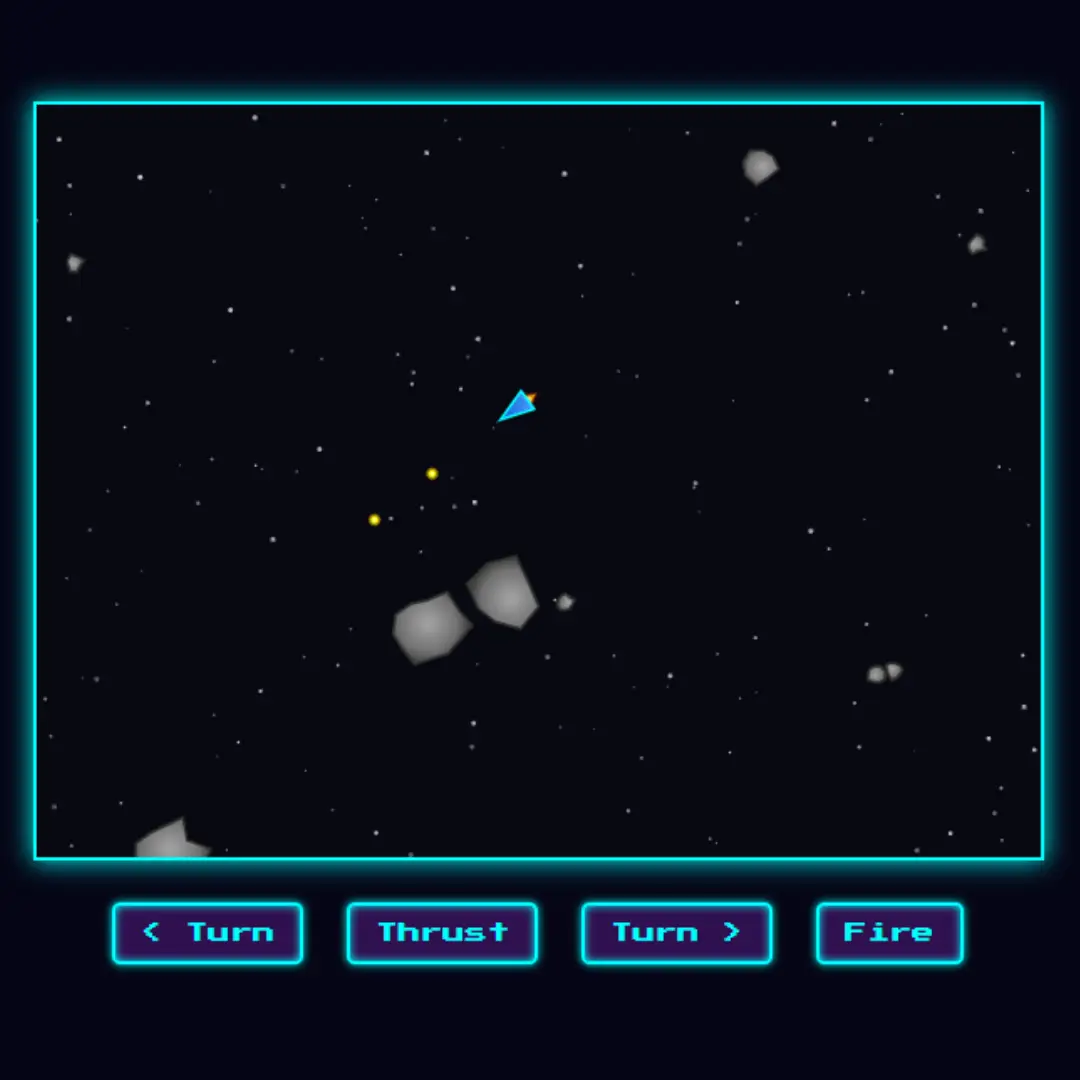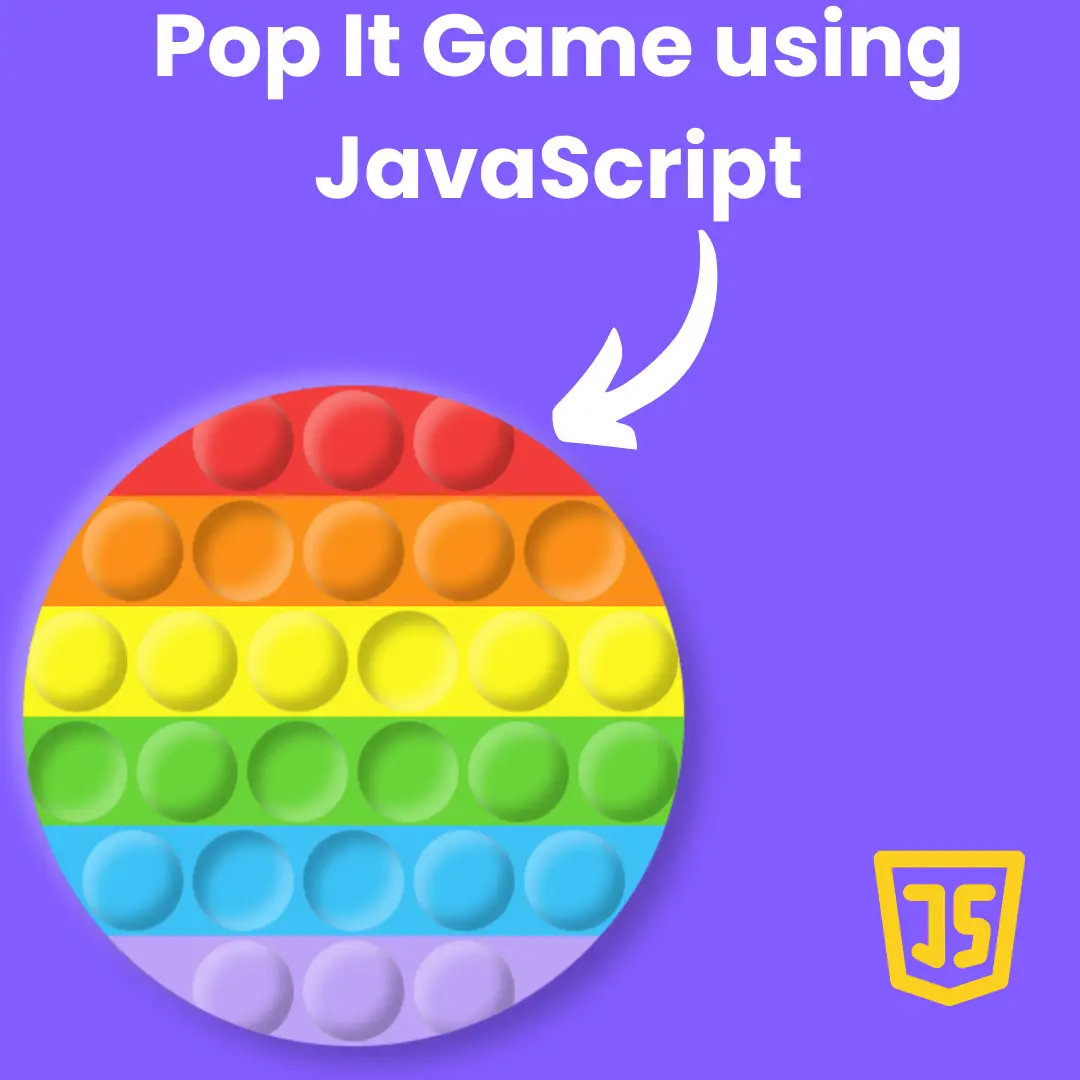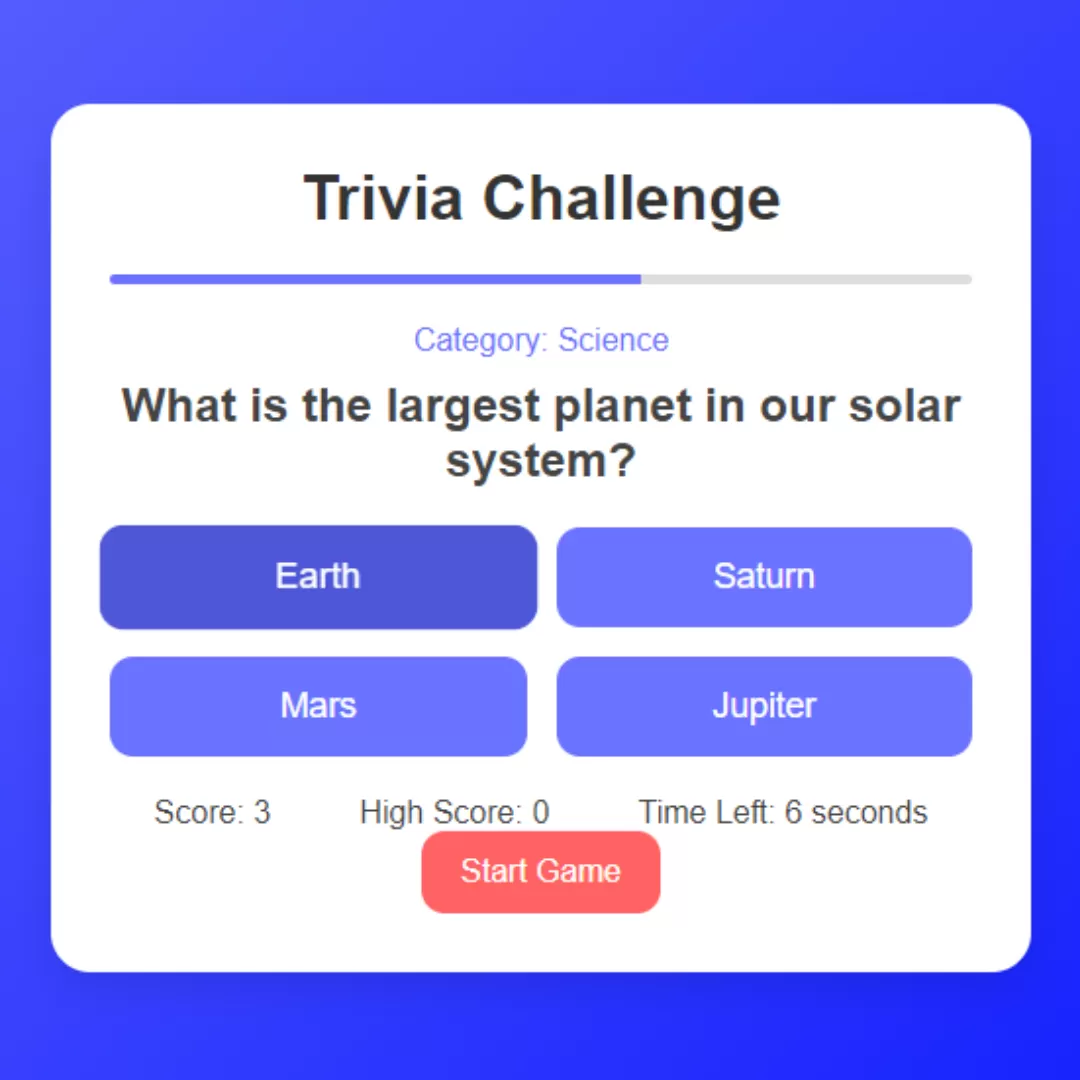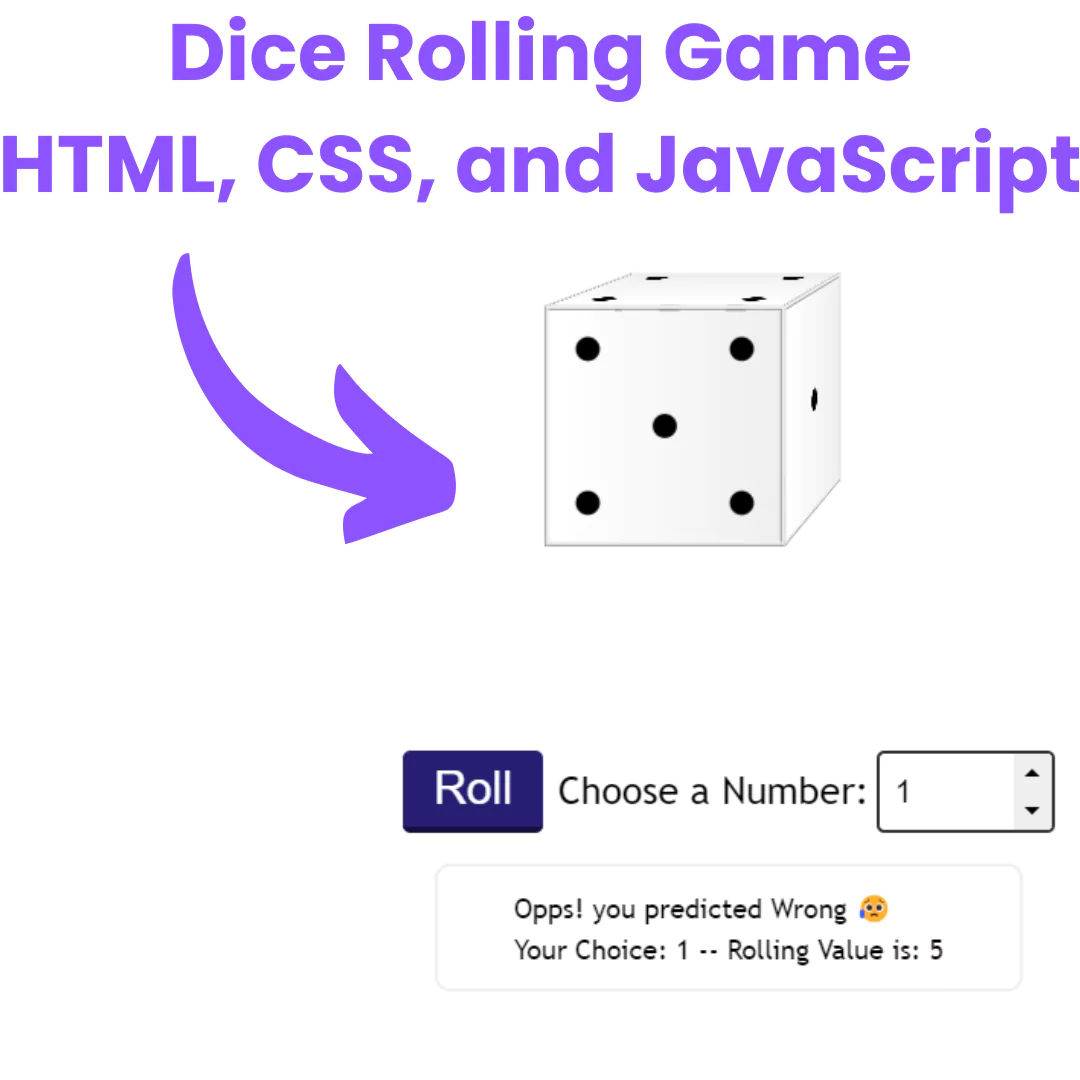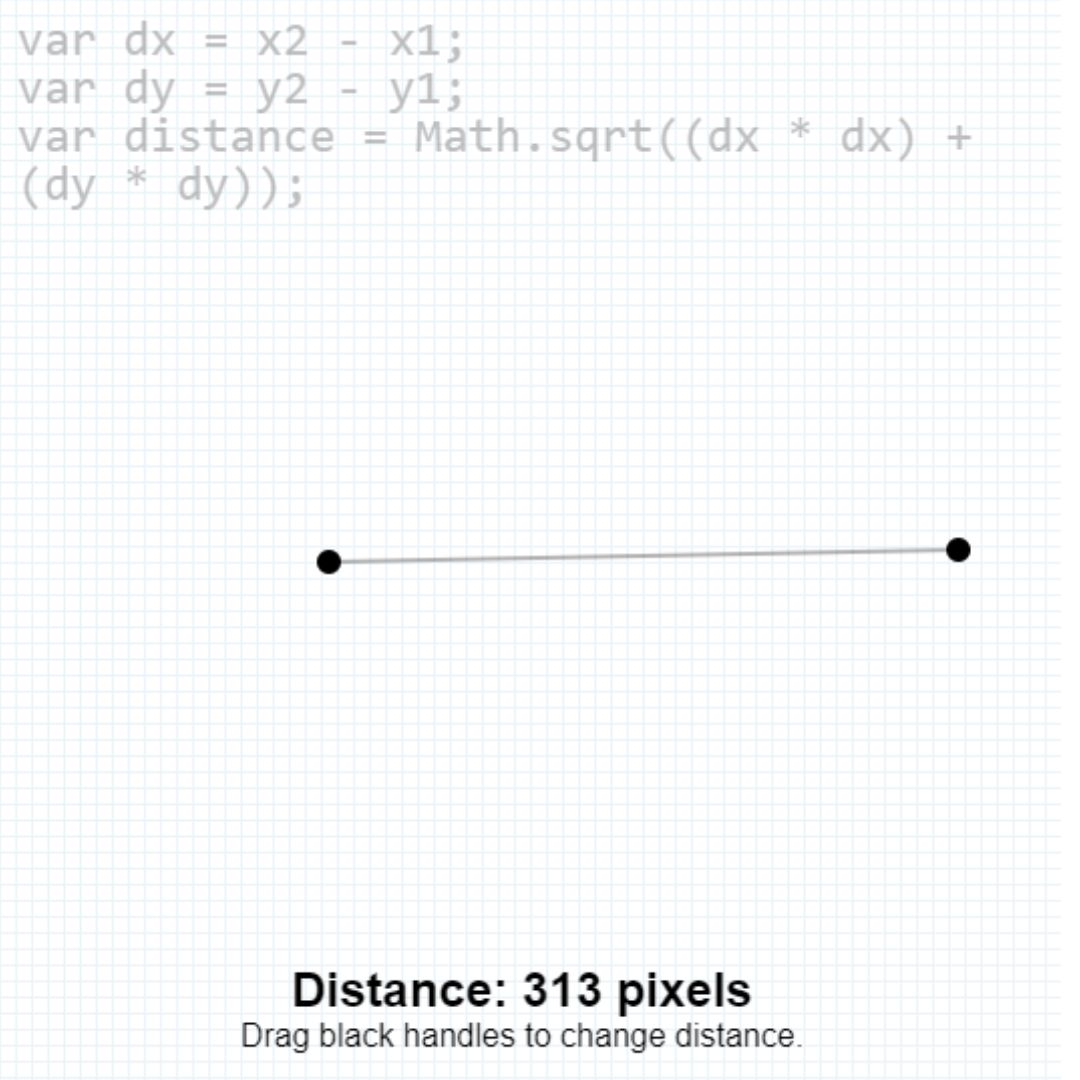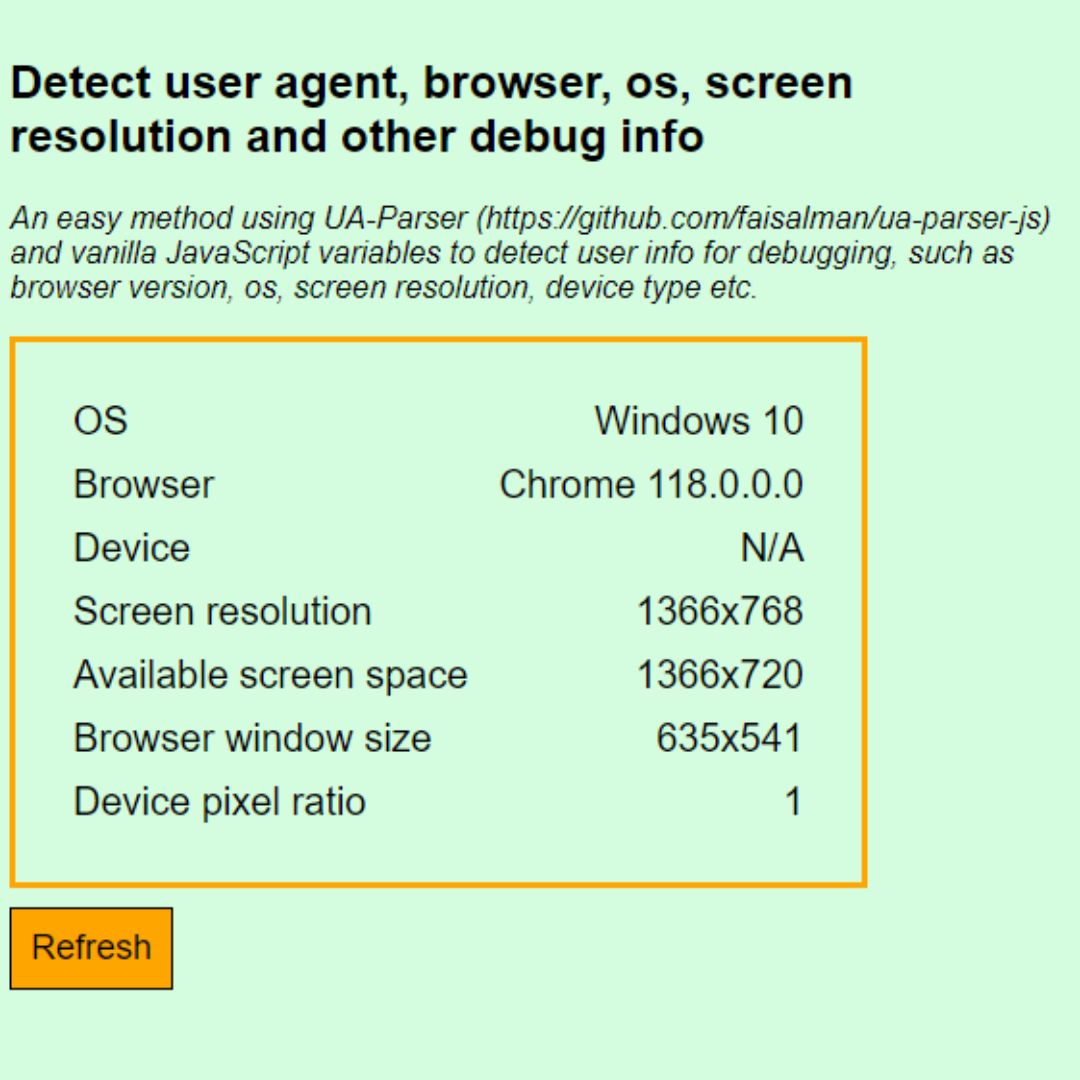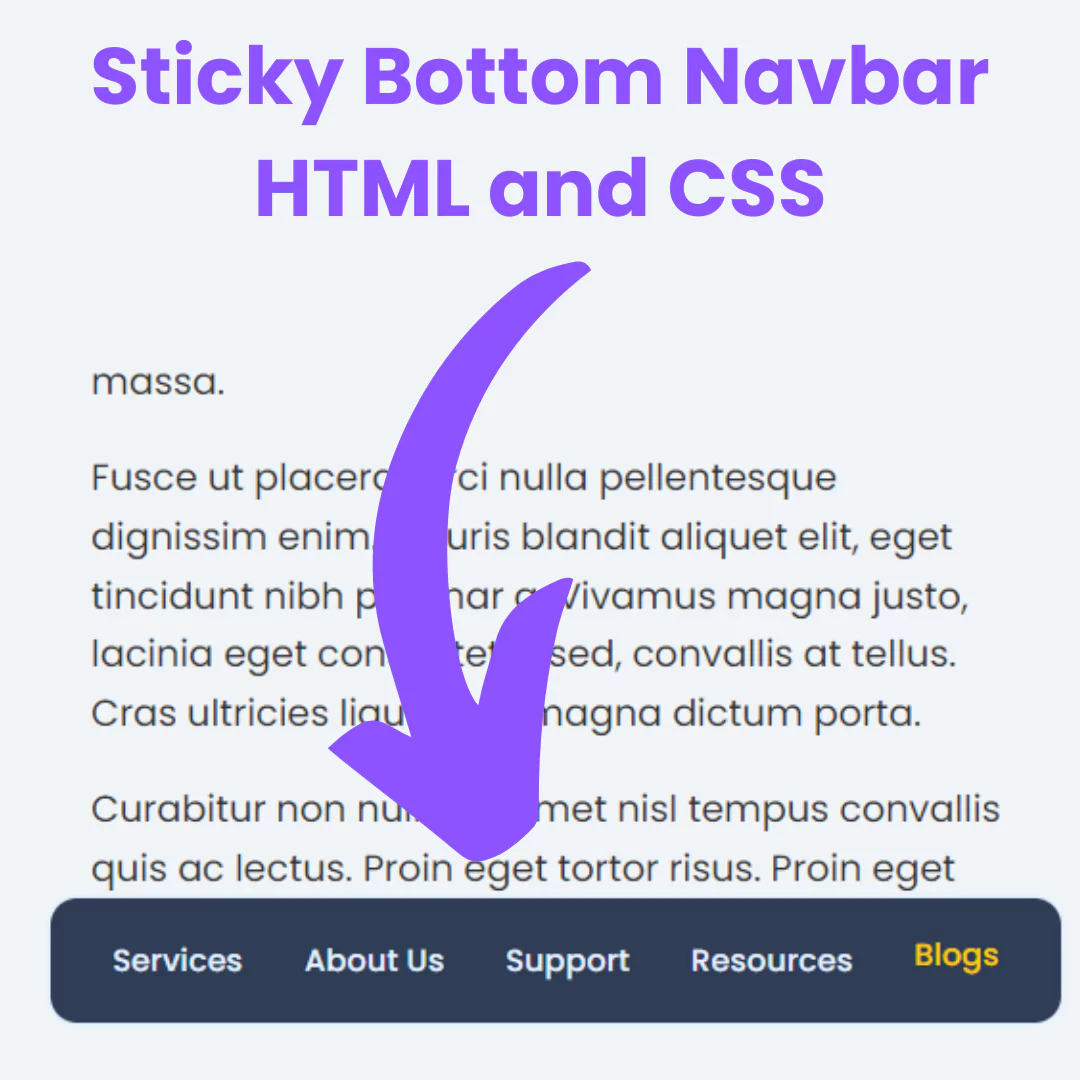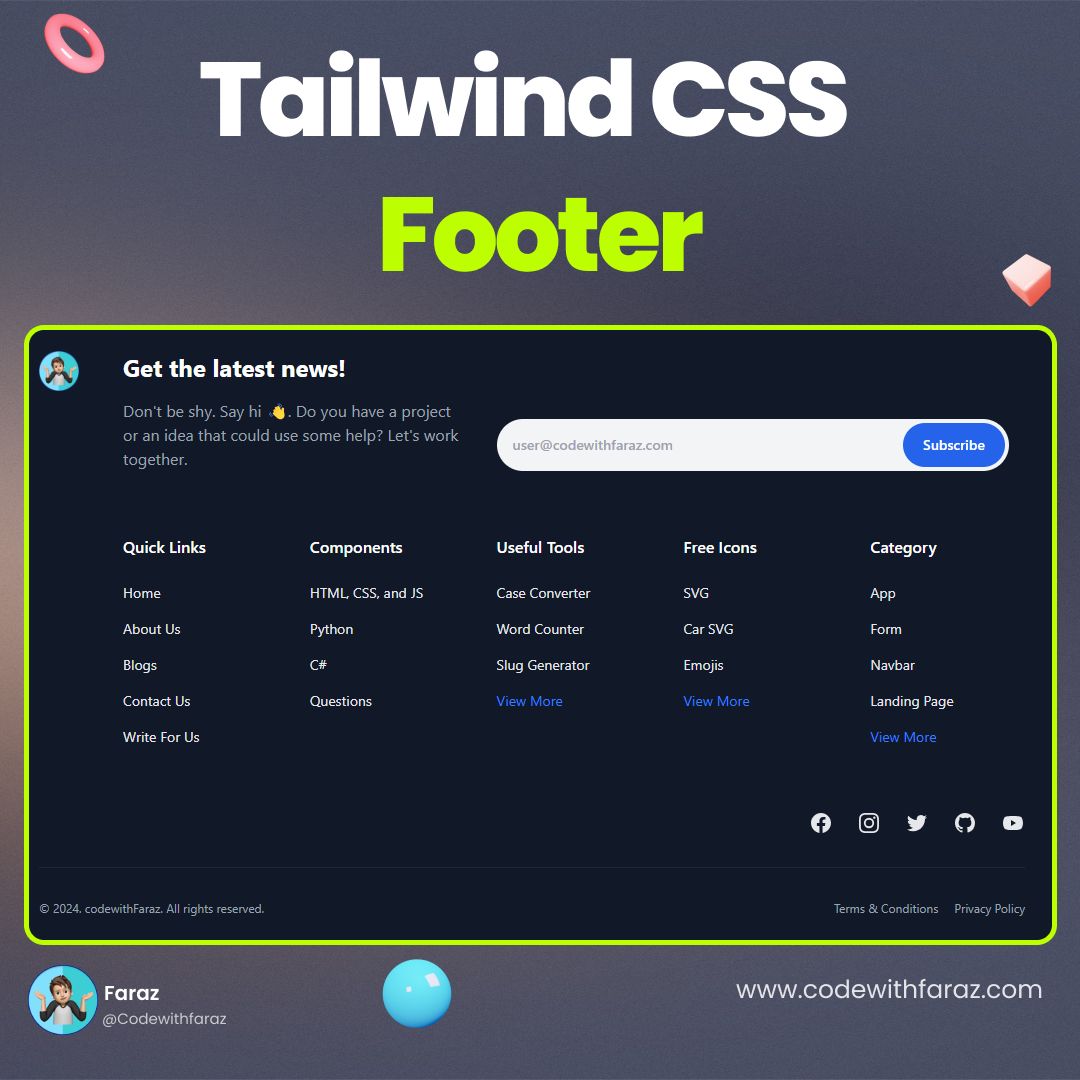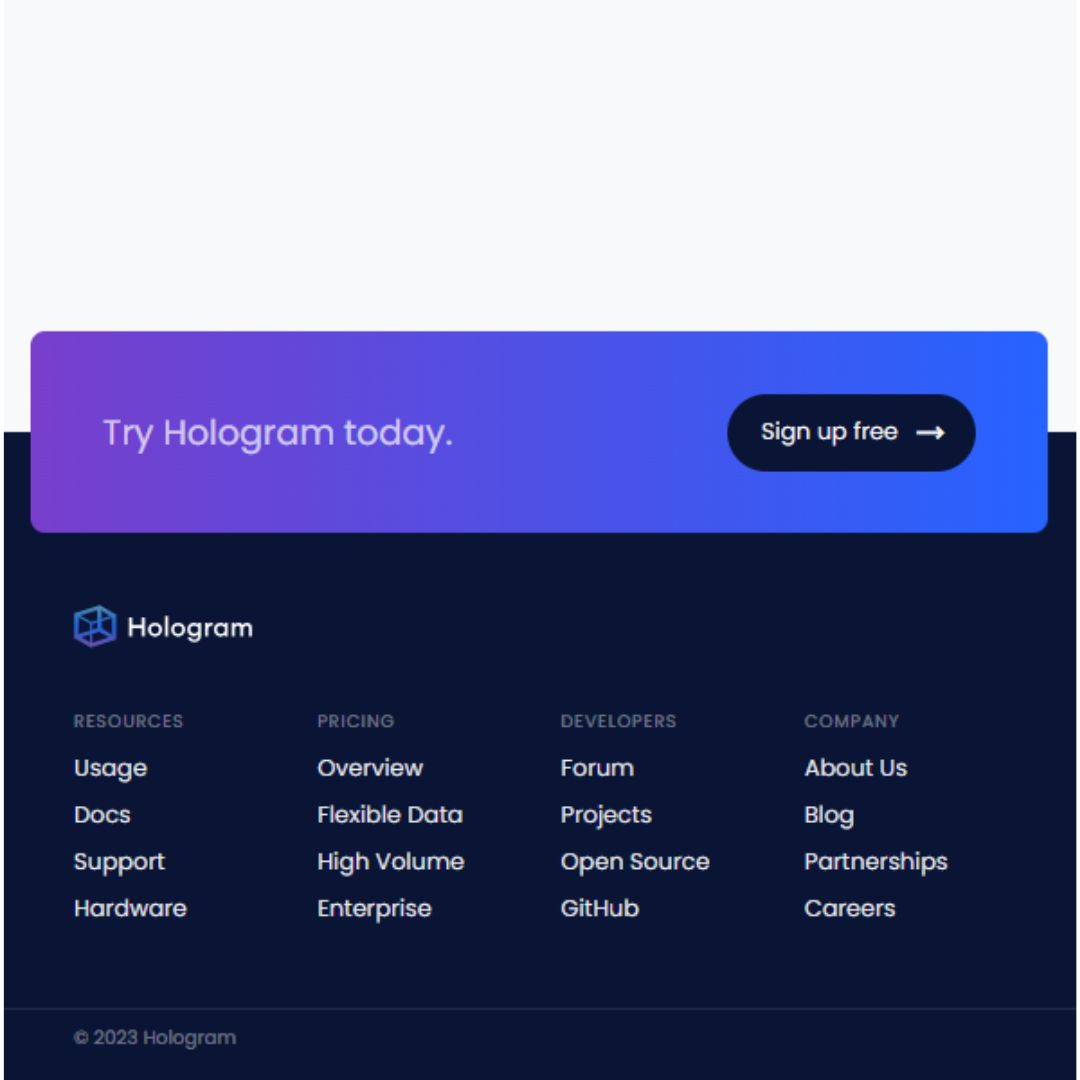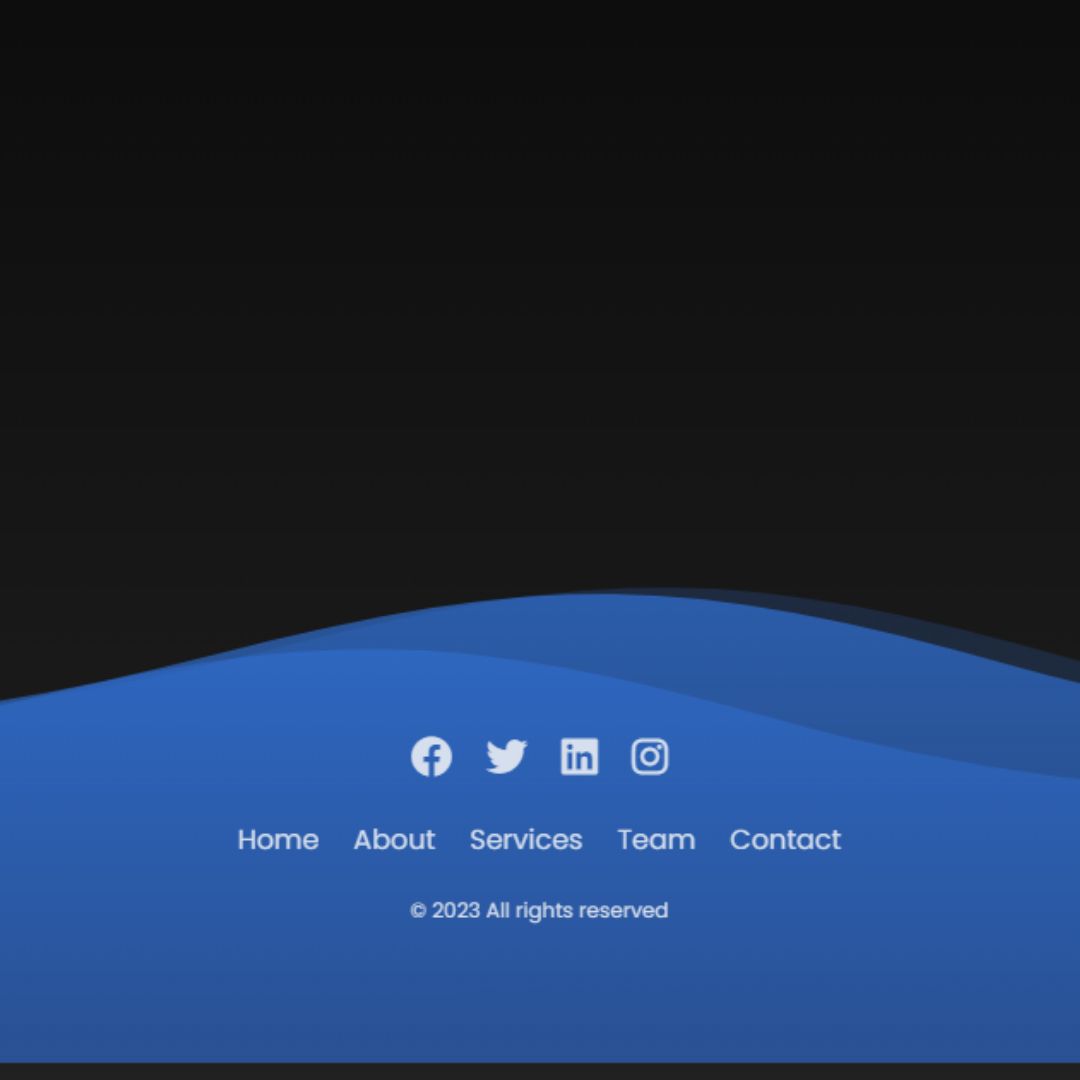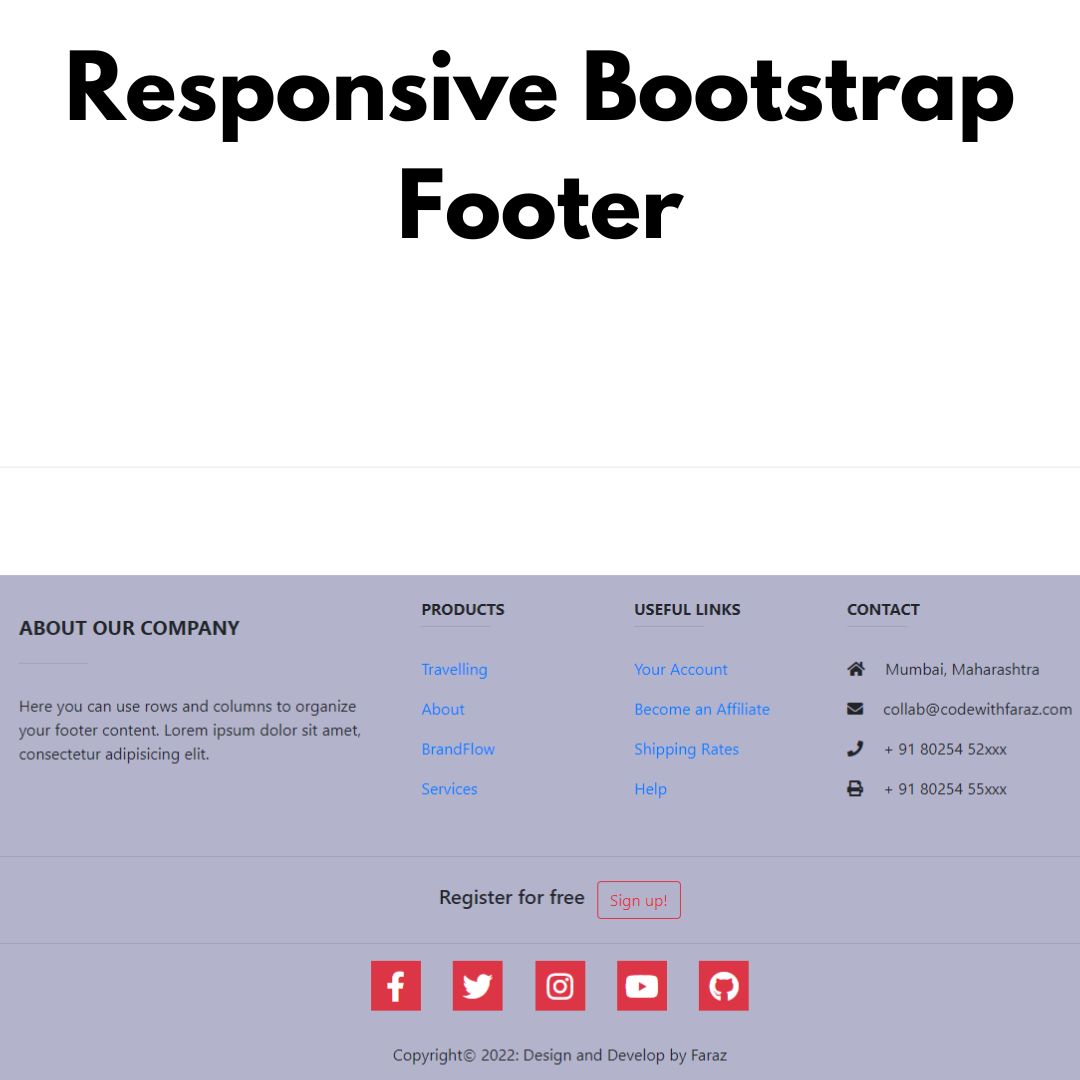Discover the top programming languages every aspiring software engineer should learn. Explore this comprehensive guide to find the best languages for building a successful career in software development.

In the rapidly evolving tech world, tools and technologies are continually changing. Aspiring software engineers must keep up with these changes to remain relevant and ahead in the game. Knowing the right programming languages is critical for building a robust career in software development. In this article, we will explore the top programming languages to learn for aspiring software engineers and how they can guide you toward promising career paths.
Table of Contents
- Python
- JavaScript
- Java
- C#
- Ruby
- Kotlin
- Swift
- C++
- TypeScript
- Rust
- MATLAB
- Enhancing Your Skills with the Right Courses
- Further Career Opportunities
- Conclusion
1. Python
Overview
Python is one of the most popular programming languages globally and is widely used in various domains such as web development, data science, artificial intelligence, and more.
Why Learn Python?
- Versatility: Python is known for its simplicity and readability, making it a preferred choice for beginners.
- Strong Community Support: A vast community supports Python, ensuring that help is available whenever needed.
- Growing Opportunities: Many tech giants like Google, Facebook, and Netflix use Python, creating numerous job opportunities.
2. JavaScript
Overview
JavaScript is the backbone of modern web development, essential for creating interactive and dynamic websites.
Why Learn JavaScript?
- Ubiquity: JavaScript runs on nearly all modern browsers, making it indispensable for web development.
- Full Stack Development: By learning JavaScript, you can become a full-stack developer. Many institutions offer a Full Stack Developer Course tailored to teach both front-end and back-end development using JavaScript.
- Rich Libraries and Frameworks: Libraries like React and Angular have expanded JavaScript's capabilities, making development faster and more efficient.
3. Java
Overview
Java is an object-oriented, platform-independent language often used in web development, Android development, and enterprise solutions.
Why Learn Java?
- Widespread Use: Java is used by many large corporations and in various Android applications.
- Strong Community: Java has a vibrant community, providing extensive libraries and frameworks.
- Career Growth: Learning Java opens doors to various fields, such as mobile app development and large-scale system design.
4. C#
Overview
C# is a statically typed language developed by Microsoft, commonly used in game development, especially with the Unity engine.
Why Learn C#?
- Game Development Opportunities: If you are interested in game development, C# is a must-learn language.
- Strong Corporate Support: Microsoft's continued support ensures that C# remains relevant and continually updated.
- Compatibility: C# works seamlessly with Windows, making it an ideal choice for Windows-based applications.
5. Ruby
Overview
Ruby is known for its elegance and simplicity, mostly used in web development.
Why Learn Ruby?
- Beginner-Friendly: Ruby's syntax is intuitive and easy to understand.
- Strong Framework Support: Ruby on Rails, a popular web development framework, can accelerate development.
- Growing Opportunities: Though not as popular as Python or JavaScript, Ruby holds a niche that offers unique job opportunities.
6. Kotlin
Overview
Kotlin is a modern programming language that runs on the Java Virtual Machine (JVM), quickly becoming a preferred choice for Android development.
Why Learn Kotlin?
- Android Development: Kotlin is officially supported by Google for Android development, making it a sought-after skill.
- Interoperability: Kotlin works well with Java, allowing seamless integration with existing Java codebases.
- Modern Syntax: Kotlin offers a modern and expressive syntax that enhances productivity.
7. Swift
Overview
Swift is the programming language developed by Apple, used primarily for iOS and macOS applications.
Why Learn Swift?
- iOS Development: If you want to create applications for Apple's ecosystem, Swift is essential.
- Performance: Swift is known for its high-performance characteristics compared to Objective-C.
- Modern Syntax: Its clean and modern syntax makes it easier to write robust and efficient code.
8. C++
Overview
C++ is a general-purpose programming language with applications ranging from system/software development to game development.
Why Learn C++?
- System Programming: C++ is used in developing operating systems and embedded systems.
- Game Development: C++ is used in many game engines, such as Unreal Engine.
- Performance: C++ offers high performance and gives control over system resources.
9. TypeScript
Overview
TypeScript is a superset of JavaScript, adding static typing to the language.
Why Learn TypeScript?
- Better Code Management: TypeScript's static typing allows for better code management and refactoring.
- Integration with JavaScript: Since it's a superset of JavaScript, TypeScript integrates seamlessly with existing JavaScript code.
- Growing Demand: More companies are adopting TypeScript for large-scale projects, increasing its demand in the job market.
10. Rust
Overview
Rust is a language focused on performance and safety, particularly concerning concurrent programming.
Why Learn Rust?
- Memory Safety: Rust's design eliminates many bugs and security vulnerabilities related to memory usage.
- Performance: Rust is known for its blazing speed and is used in systems where performance is critical.
- Growing Community: Though relatively new, Rust has an active community and is being used by companies like Mozilla and Dropbox.
11. MATLAB
Overview
MATLAB is a high-level language used mainly for numerical computing, data analysis, and visualization.
Why Learn MATLAB?
- Scientific Computing: MATLAB is widely used in academia and industry for scientific and engineering computations.
- Data Analysis: Its powerful toolboxes simplify data analysis and visualization.
- Interdisciplinary Skills: Learning MATLAB can make you valuable in fields such as data science, engineering, and finance.
Enhancing Your Skills with the Right Courses
Investing in the right educational path can dramatically accelerate your learning process. By opting for tailored Software Engineering Courses, you can gain hands-on experience and real-world insights from industry professionals. These courses often include comprehensive coverage of the programming languages mentioned above, along with essential tools and methodologies used in modern software development.
Further Career Opportunities
Aspiring software engineers who explore various programming languages position themselves for diverse career opportunities. One can specialize in various fields, from web and mobile development to scientific computing and data analysis. Supplementing your learning with specialized courses, such as a Full Stack Developer Course or specific Software Engineering Courses, will enhance your skillset and make you a more competitive candidate in the job market.
Conclusion
The landscape of programming languages is vast, and choosing the right ones to learn can be a daunting task. However, focusing on Python, JavaScript, Java, C#, Ruby, and Kotlin can set a solid foundation for a thriving career in software engineering.
Whether you aim to become a full-stack developer through a comprehensive Full Stack Developer Course or want to specialize in specific areas, mastering these languages will equip you with the necessary skills to excel in the competitive world of software development. Staying updated, practicing regularly, and seeking professional guidance through courses will ensure that you are well on your way to becoming a successful software engineer.
About the Author
Nisha Nemasing Rathod works as a Technical Content Writer at Great Learning, where she focuses on writing about cutting-edge technologies like Cybersecurity, Software Engineering, Artificial Intelligence, Data Science, and Cloud Computing. She holds a B.Tech Degree in Computer Science and Engineering and is knowledgeable about various programming languages. She is a lifelong learner, eager to explore new technologies and enhance her writing skills.
That’s a wrap!
Thank you for taking the time to read this article! I hope you found it informative and enjoyable. If you did, please consider sharing it with your friends and followers. Your support helps me continue creating content like this.
Stay updated with our latest content by signing up for our email newsletter! Be the first to know about new articles and exciting updates directly in your inbox. Don't miss out—subscribe today!
If you'd like to support my work directly, you can buy me a coffee . Your generosity is greatly appreciated and helps me keep bringing you high-quality articles.
Thanks!
Faraz 😊





